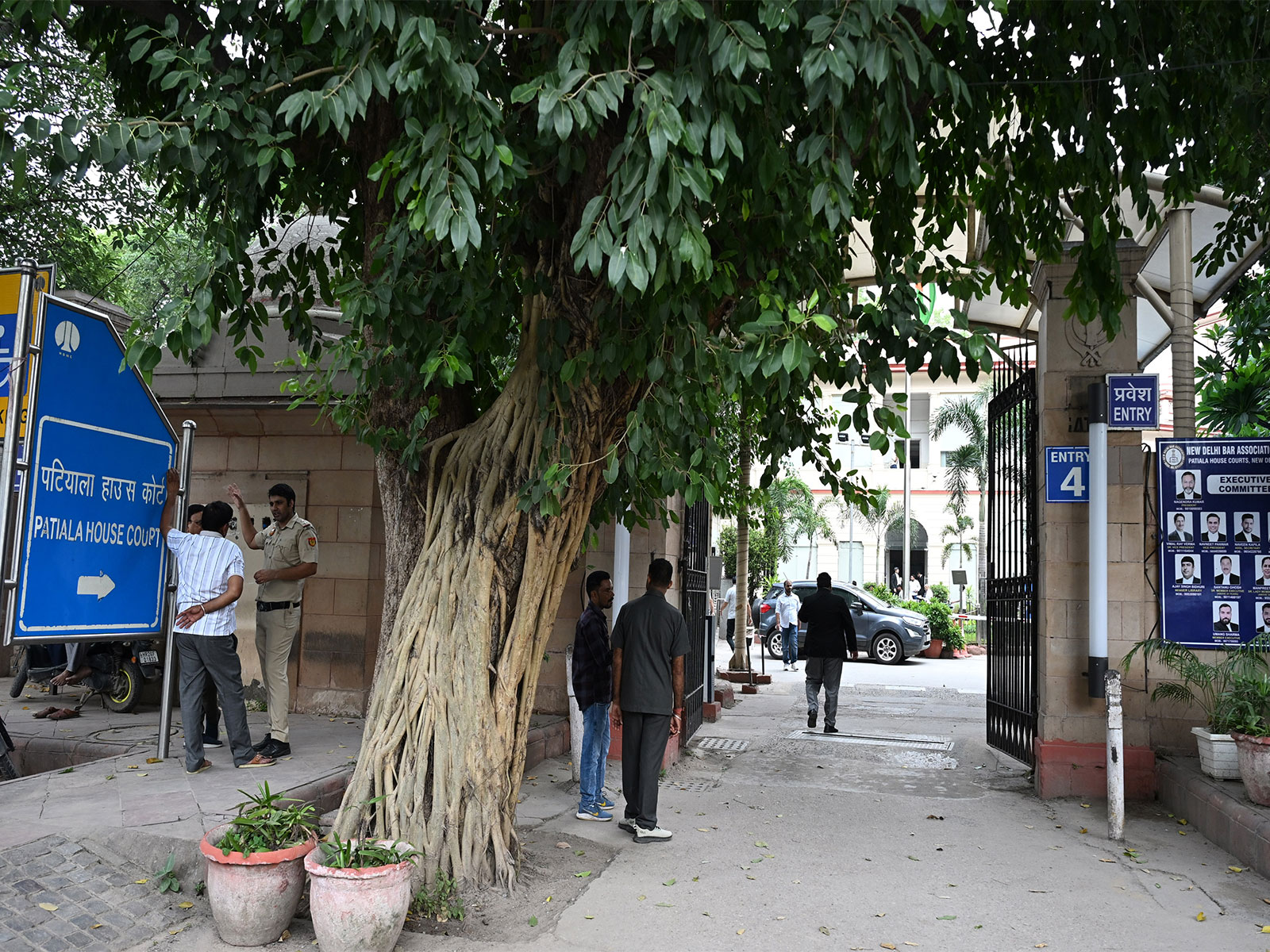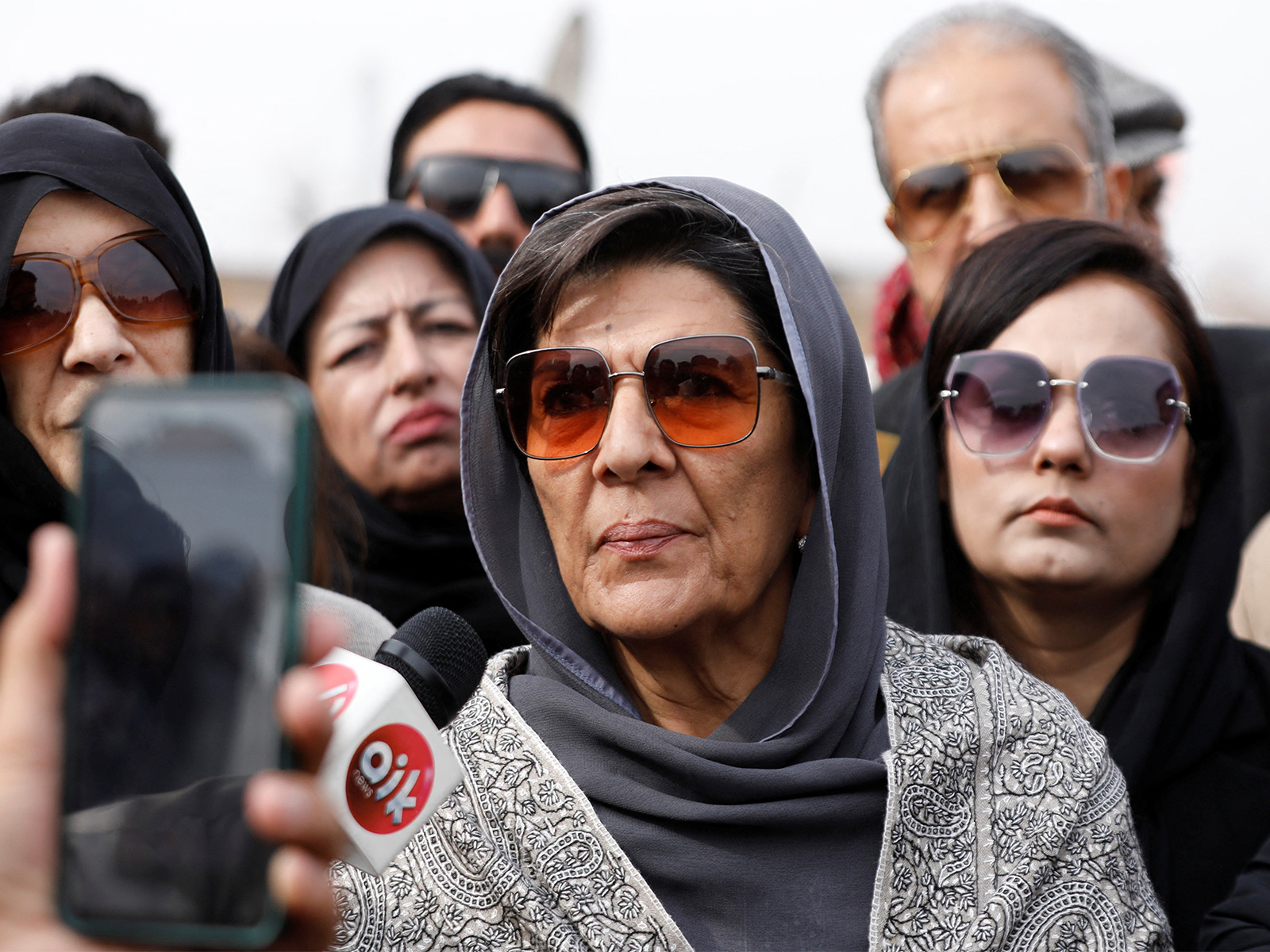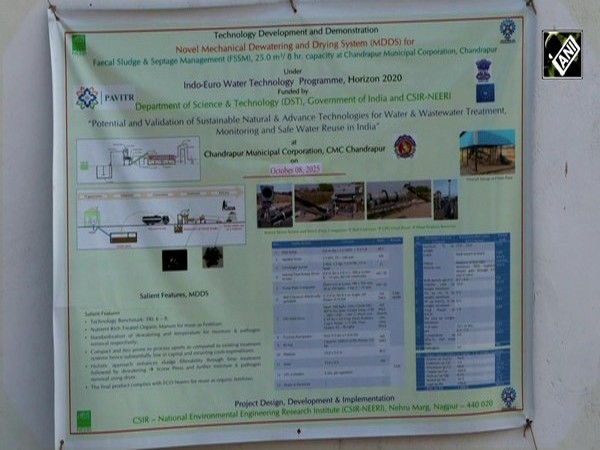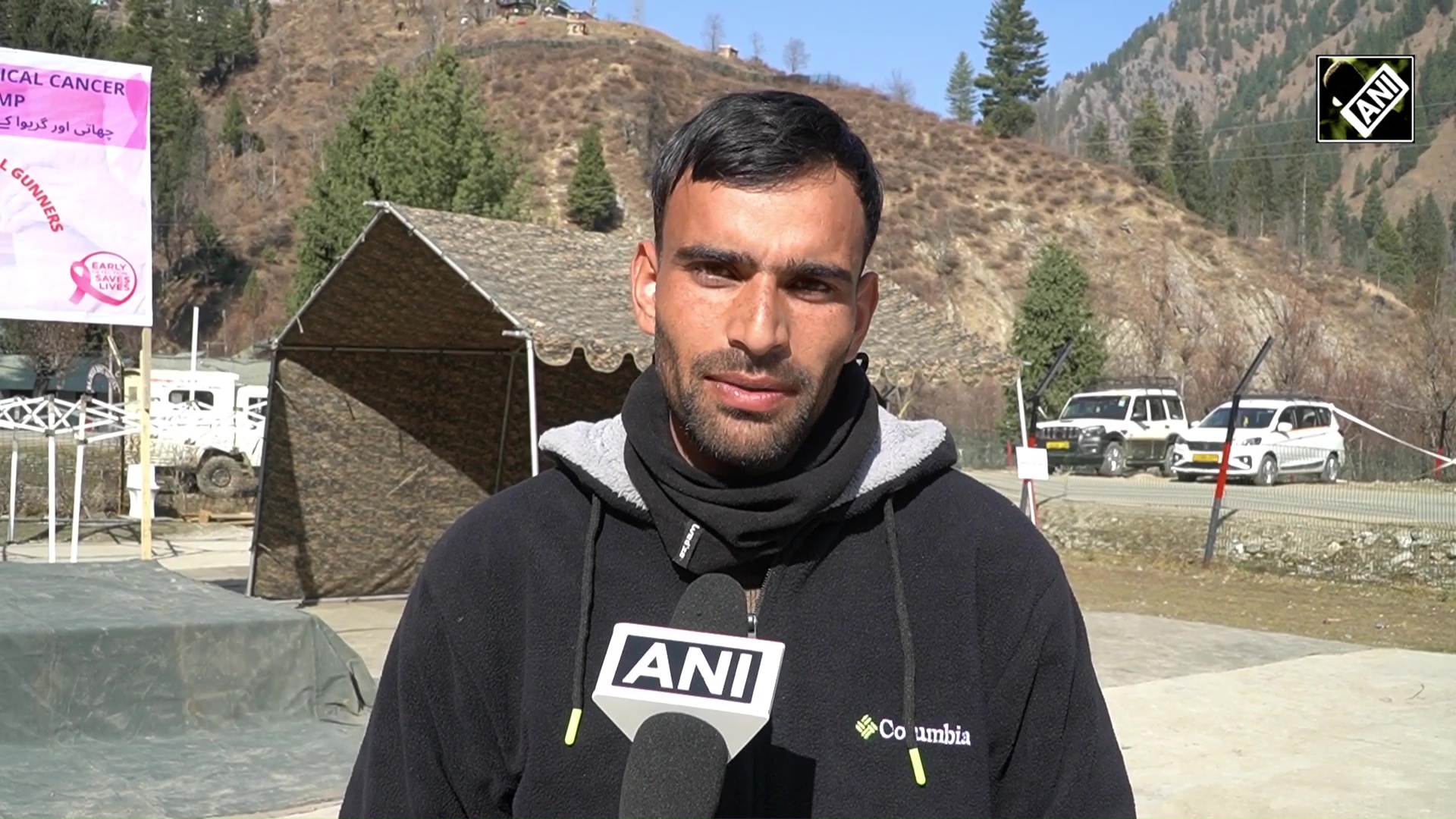'Rhino Goes to School' ignites conservation spirit among students living near Kaziranga
Nov 26, 2025
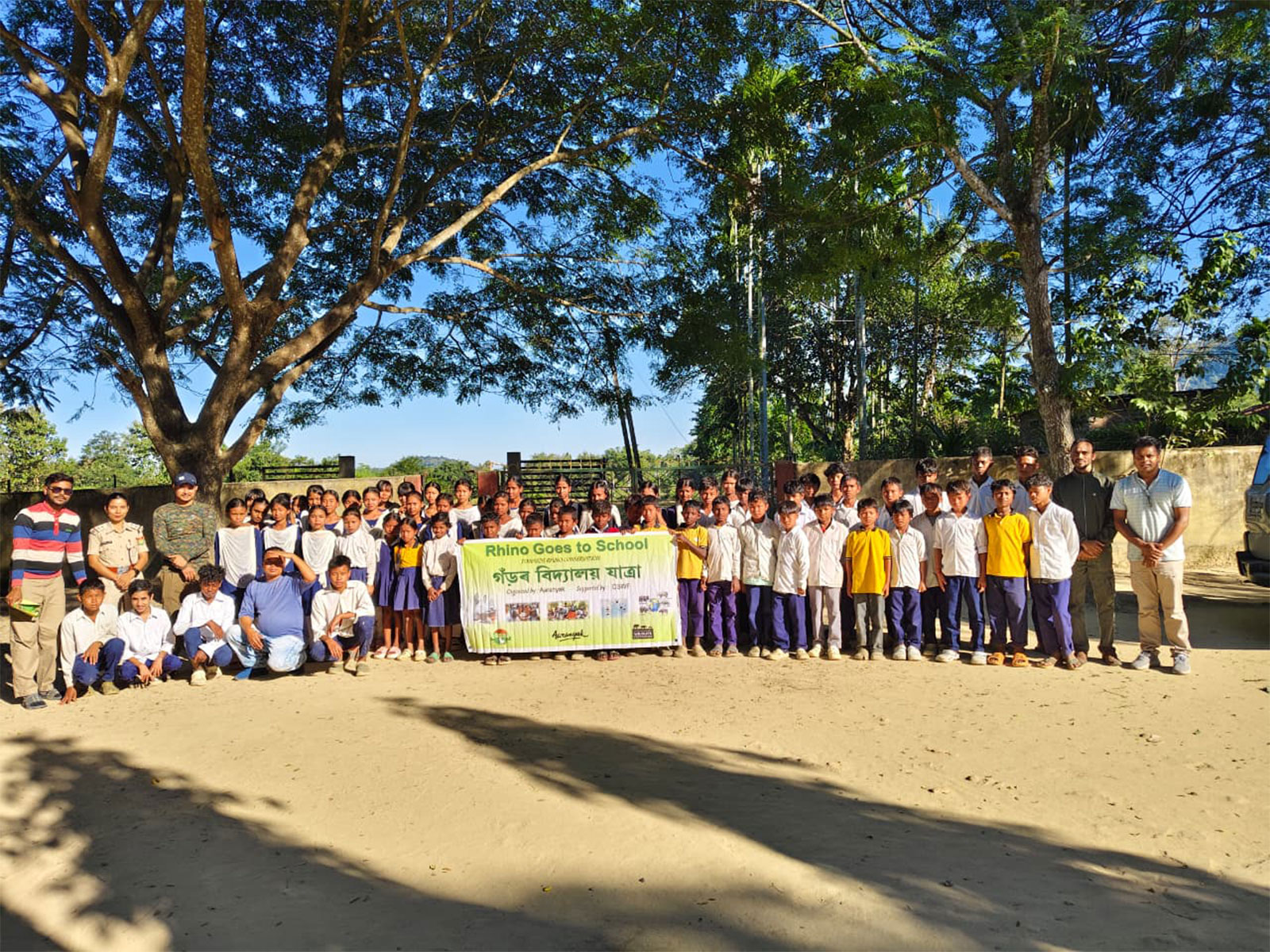
Guwahati (Assam) [India], November 26: Leading biodiversity conservation organisation Aaranyak, with support from the UK-based David Shepherd Wildlife Foundation (DSWF) organised two impactful editions of the "Rhino Goes to School" programme, aimed at nurturing awareness and responsibility for wildlife conservation among young learners.
The programmes were conducted at Dukhutimukh Higher Secondary School and Amguri ME School in collaboration with the Kaziranga National Park & Tiger Reserve Authority.
At Dukhutimukh Higher Secondary School, students enthusiastically participated in an insightful session on the conservation of the greater one-horned rhinoceros and local biodiversity, led by Arif Hussain, Senior Manager of the Rhino Research and Conservation Division of Aaranyak.
Hussain, serving as the resource person, shared valuable insights into wildlife conservation practices. The session was followed by an open wildlife-themed quiz that encouraged students to deepen their understanding of biodiversity and conservation challenges.
The programme was graced by the presence of School Principal Sashi Gogoi, along with Aaranyak members Ivan Loying and Akash Morang. With the active participation of nearly 250 students, the event proved inspiring and educational, helping nurture the next generation of conservation stewards.
Similarly, at Amguri ME School in Burhapahar, Aaranyak and the Kaziranga National Park & Tiger Reserve Authority jointly conducted another edition of the programme. The event featured a presentation on local biodiversity and rhinos, an open quiz, and an environmental game, which drew enthusiastic participation from around 90 students.
Arif Hussain once again served as the resource person. The programme also saw the participation of Mangal Ingti, President of the Eco Development Committee, Amguri Village; Champa Doley and Kuldeep Bania, officers of the Burhapahar Range, who interacted with students on local biodiversity. Assistant teachers Seikh Md. Mustafa Ahmed, Abhishek Ghosh and supporting staff Ronjit Senar were also present during the event.
On the other hand, Aaranyak, with support under the CSR initiative of LIC Housing Finance Limited (LIC HFL), has installed 10 solar street lights across several villages - Rangapani, Kukurbhukia, Paharpur, No. 1 Sikaridanga, No. 2 Sikaridanga, Angrajuli, Jamuguri, and Kuchubil--located under the Udalguri and Mazbat blocks of Udalguri district of Assam.
These villages fall within areas highly vulnerable to Human-Elephant Conflict (HEC), where frequent elephant movements during the night pose serious risks to the safety, livelihoods, and well-being of local communities.
The installation of solar street lights is aimed at improving night-time visibility at strategic locations, such as village entry points, common pathways (for people and animals), community junctions, and areas with recurring elephant movement.
Adequate lighting helps villagers identify elephant presence early from a safe distance, take precautionary measures and avoid sudden encounters. It also enhances overall community preparedness and helps reduce the fear and uncertainty that often arise at night in HEC-prone zones.
Since the lights operate on solar energy, they provide a sustainable, environmentally friendly solution without burdening the local electricity grid. The intervention also aligns with the Government of India's climate change mitigation strategy by promoting renewable energy.

